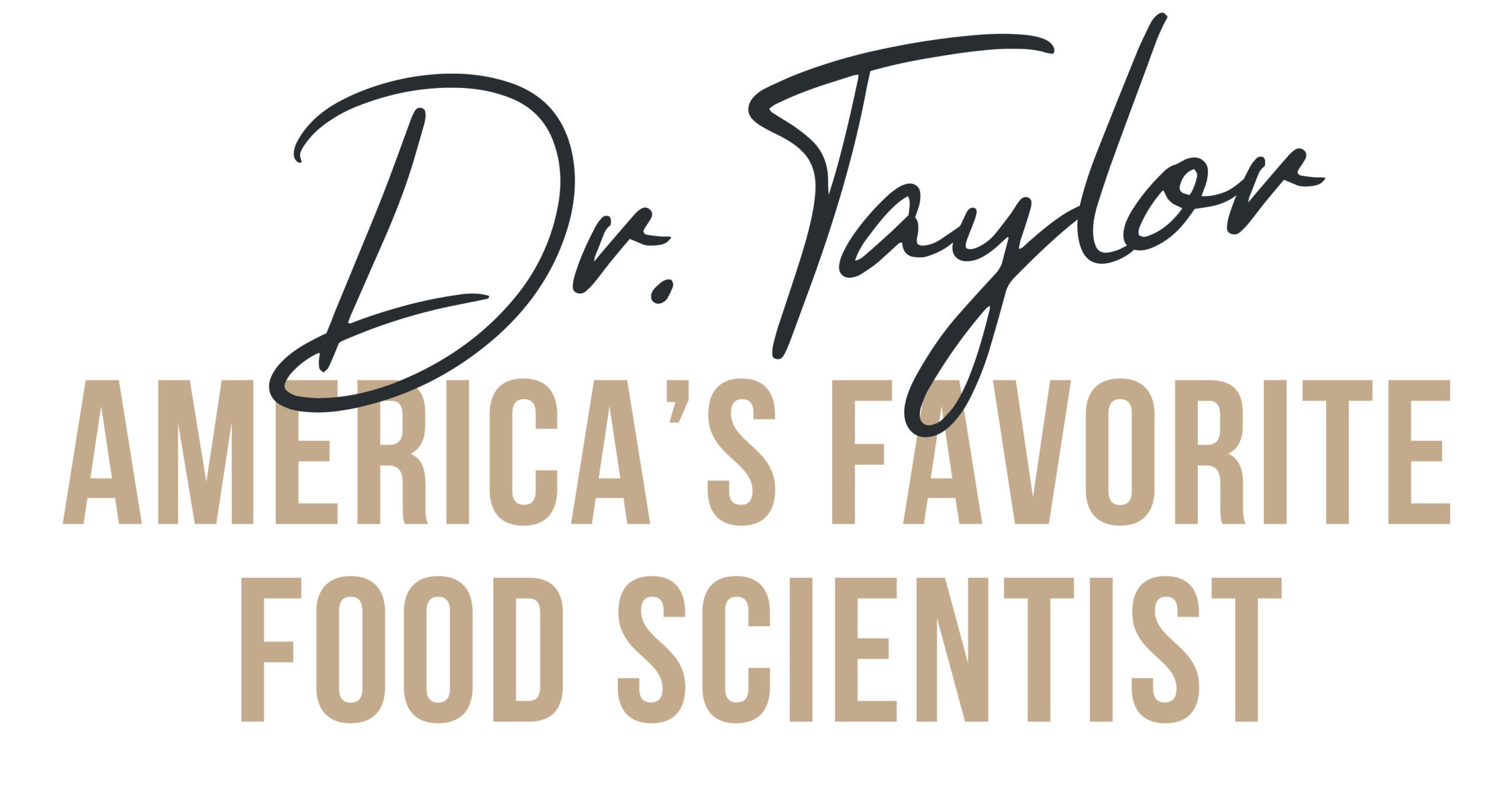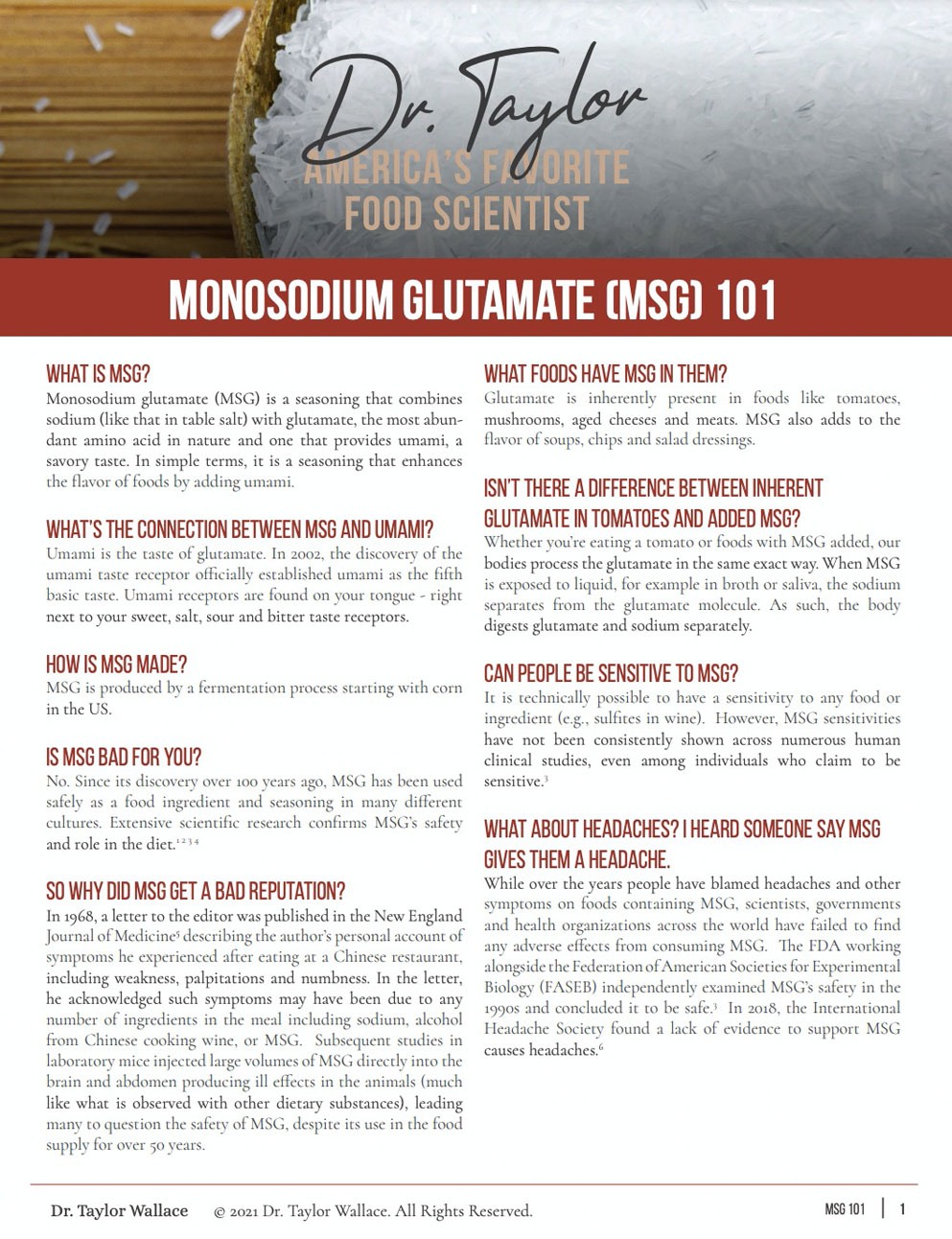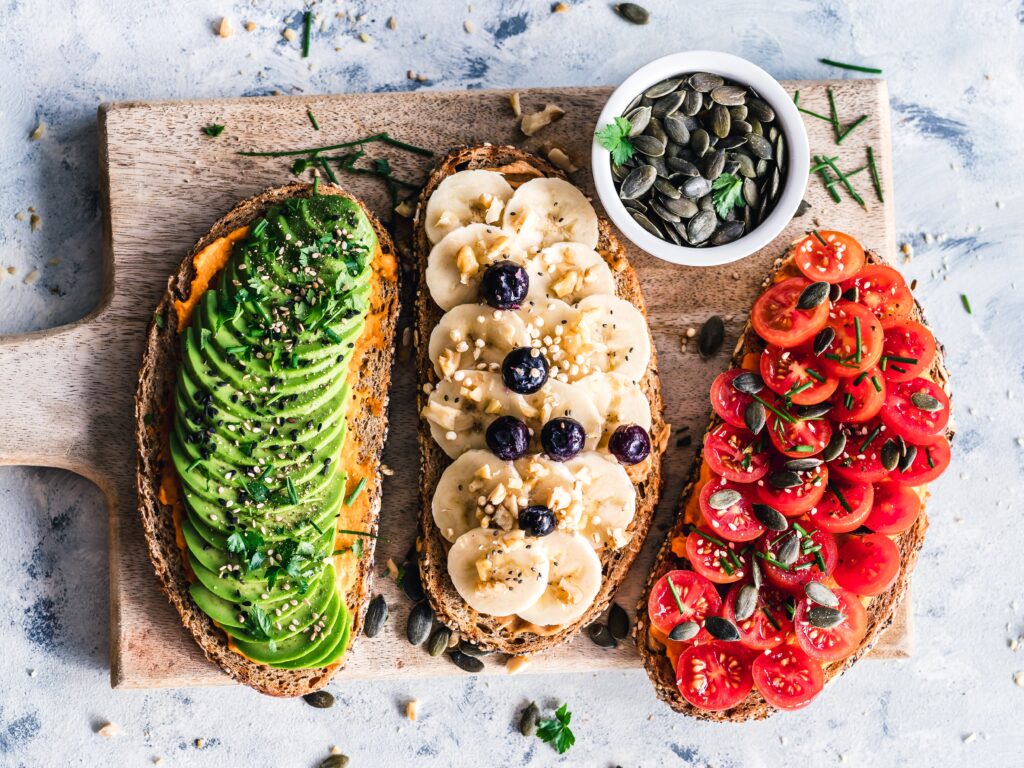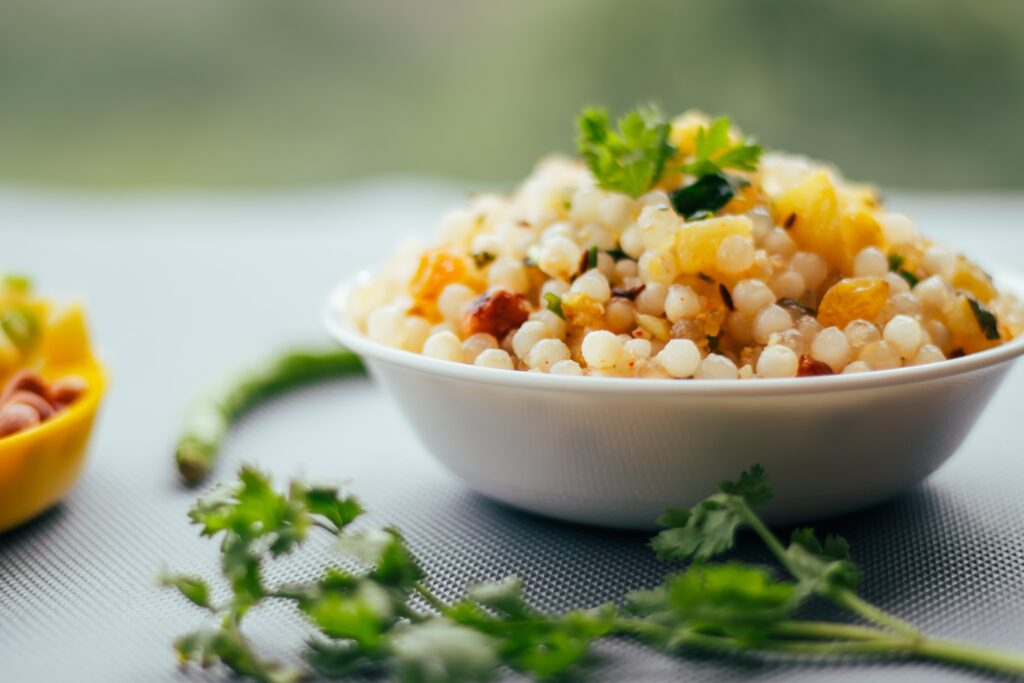6 Tips to Improve Nutrient Absorption from Food

- April 19, 2017
Nutrient absorption is basically a fancy term for digestion.
Nevertheless, knowing how your body absorbs each nutrient can help you be healthier and even enhance your workout!
Nutrients aren’t technically in your body until properly absorbed from your GI tract, which means optimizing nutrition involves getting a handle on what happens to nutrients once down the hatch!
While we have already discussed the benefits of enzymes for digestion, we haven’t properly discussed the effects of nutrients in the body.
You might be getting plenty of fruits, vegetables and whole grains in your diet. But if your body isn’t digesting and absorbing those foods, you aren’t getting the maximum nutrition bang for your buck!
Nutrient absorption and digestion
If you’ve ever wondered “where are nutrients absorbed, exactly?” it helps to understand the difference between digestion and absorption.
Put simply, digestion is when your body mechanically and chemically breaks your food into molecules small enough to absorb. This includes chewing your tacos and then churning them in an acid bath in your stomach.
Watch out, fast eaters!
Digestion begins in your mouth and chewing is the first step to breaking down your food. Many foods like nuts are more efficiently digested by being chewed for a longer period.
Absorption is the process of transferring those molecular taco bits through the lining of your intestines and on to destinations throughout your body.
Nutrients are absorbed in the small intestine, passed onto the circular system and then pushed to the rest of your body.
Saliva is packed with enzymes that help begin the breakdown process in digestion, especially in the case of carbohydrates.
Stomach acid helps to further digest or break down food and nutrients like protein. Not many nutrients are absorbed in the stomach directly, except alcohol.
Types of nutrients and where to find them
Nutrient absorption deals with nutrients, so we have to know them first. There are two types of nutrients:
Macronutrients
Carbohydrates, proteins and fats. They’re your body’s energy source since they provide calories.
They’re the nutrients you use in the largest amounts.
Micronutrients
Vitamins and minerals. They don’t provide calories but are equally as important.
They are required in small amounts for normal cell growth and development across the lifecycle.
Deficiency of them can probably cause you nasty health issues, so better keep them close.
6 easy tips to help out with nutrient absorption
Like we said, the absorption of nutrients mostly occurs in the small intestine. With this in mind, here are 6 easy tips to help you better absorb vitamins and other nutrients from food:
1. Eat fats, be healthy
Fat helps to increase absorption of vitamins A, D, E, and K. So, don’t feel bad about adding in healthy fats from avocados or olive oil to your favorite dish.
2. Add Vitamin C to your diet
Vitamin C helps improve iron absorption from plants. This is especially important for vegetarians (iron from meat is better absorbed).
Do add a lemon squeeze and/or mandarin orange slices to your spinach salad.
3. Phytic acid and oxalates
Natural phytic acid and oxalates in plants can bind and decrease the absorption of both calcium and magnesium. Add milk to your protein shake… not your vegetable smoothie.
4. Become a coffee lover, or at least a consumer!
Caffeine can decrease the absorption of several nutrients. Grab a cup of coffee in between meals.
5. Another vitamin: Vitamin D
Calcium is much better absorbed with adequate vitamin D from food or sunlight.
Another great reason to sport a tank top on the weekend!
6. Pizza sauce. Yes, that’s right. Pizza. Sauce.
Carotenoids like lycopene, which are powerful antioxidants, are better absorbed with fat and after cooking. This is the rare time pizza sauce beats out a whole tomato.
Some final thoughts and additional resources
Nutrient absorption can vary. The amount of nutrients that your body absorbs from food can range from less than 10% to greater than 90%. Food labels are great, but they won’t give you the whole story!
For more information check out the Linus Pauling Micronutrient Information Center!
Check out my free online courses if you want to expand your knowledge on nutrition and healthy eating. You can also head over to my Amazon page to see a list of my recommended supplements to support your health and wellbenig.
Tags: absorption, caffeine, calcium, carotenoids, fat, iron, nutrient, oxalates, phytic acid, vitamin A, vitamin C, vitamin D, vitamin e, vitamin K
22 thoughts on “6 Tips to Improve Nutrient Absorption from Food”
Leave a Reply
You must be logged in to post a comment.









My wife eats more than I do, and she continually looses weight. She was 135lbs 15 months ago now 98 lbs. Has been suffering from hair loss. and dehydration. Suffers from IBS, acid feflux and fibromyalgia. My family and myself feel that after MANY TESTS show nothing that the possibility is that her body has a malabsorption problem.. Can you advise….What type of Dr best suited to check for problem..
Hi Dennis… you need to contact a medical doctor as that amount of weight loss is dangerous. Email me on my Gmail (drtaylorwallace@gmail.com), let me know your location and I will try to help you identify a specialist (likely a gastroenterologist) that can help. Thoughts to your wife and family!
She does have enough stomach to absorb nutrients(apple cider vinegar)intermittent fasting as well as eating lots of sour foods
Check for Ehlers-Danlos syndrome (maybe hypermobile type). Read about it. She can check herself for diagnostic criteria and then follow up with genetics doctor or rheumatologist. Maybe try Ehlers-Danlos diet suggestions. Some suggest to try low food map, keto, whole food vegan, and / or no gluten. Check for food sensitivities and supplement nutrient deficiencies. Good luck and hang in there.
Hi Liz, that’s so crazy I found this comment. EDS is the exact reason in landed on this website. Do you have any suggestions about getting diagnosed? I’ve seen over 20 doctors and all labs come back fine but my PCP knows it’s EDS, and I’ve been misdiagnosed several times. I don’t know what to do now. I’ve tried eating better, taking different supplements, and physical therapy but nothing helps or is too hard on my fragile joints. Any info is SOOO appreciated 🙂
Hi Dr
I had chronic inflammation in October back in September I was 200lb know I’m 165 I’m not hungry I force myself to eat what can I take to get my appetite back
I also have fatigue every day
I was 120lbs now I’m 115 don’t have the appetite to eat a lot of food. I’m 42 and having gas like pain in my stomach. Sometimes after I eat I feel nausea us and then a slight pain in my stomach and then I vomit. When I vomit I feel a lot better. I went to the doctor and she say I was amaemic blood level was 7 and a little high blood pressure she prescribe iron tablets blood pressure pills and acid reflux pill and one for appetite to let me eat. For a while I was gaining back weight stomach was OK but after the medication was finish I start having the problem again. What should I do
Have you checked for food allergies/sensitivities? You definitely need to continue seeking advise from a medical doctor as it could be a number of things…
hi dear I just want to ask about the digestion helps of carbohydrates, lactose and fats
I have always had IBS, but now I have regular diarrhea. It smells horrible, there is a lot of gas and it is explosive. I am extremely fatigued, my memory is poor and feel as though I don’t keep anything in me long enough to absorb the proteins, vitamins and minerals. I can often recognize what I have eaten in my stools. They all float and stick to the sides of the toilet. I have taken numerous antibiotics for UTIs for the past 2 or more years. It seems as though since the last two bouts of antibiotics (this year) it has gotten much worse. I do not want to go to the doctor to explain this if they are going to push a bunch of pills down my throat to see what happens since I have a difficult time taking many medications. My primary care physician acts as if she doesn’t really have time to see me and her answer is to just give me another pill. Who can I see that will really look into the my problem and help me? This really affects my daily life.
Hey there – you should speak with a gastroenterologist. Most insurance plans require a primary care physician refer you… so definitely ask your doctor for a referral (its easy for them to do). The gastrointerologist will have advance screening techniques that can help identify the underlying issue. You may also want to take a look at the Crohn’s and Colitis Foundation, as they have many good resources and a directory of qualified physicians. I’ve found food sensitivity tests like EverylyWell to be useful, but by far not as comprehensive as what a gastroenterologist can do. You may also want to try a good probiotic like Align Extra Strength… but don’t take my advise… go see a gastroenterologist/specialist! Wishing you the best! — Taylor
K Watts,
omg, I had the same exact symptoms. Recently I had a pain in my lower right stomach area and my family was worried that it was my appendix. So I went to the emergency room where they did blood work and also an MRI i think it was. As it turns out, the doctor said I had an inflamed ileum and he suspected crohns. He prescribed me two different antibiotics and a steroid….prednisone I think. I hated taking the antibiotics because of how bad they are for you but wow, they worked pretty good. no more smelly sticky poo. It fixed the stickiness. It didnt get rid of the diarrhea but its much better now. Ive always thought that i had IBS but now I know its probably crohns. He wrote me a referral to a specialist but I never went.
K watts said she took many rounds of antibiotics over 2year period. So what about replenishment of her gut flora (micro biome) with probiotics. Seems like a no- brainer
I am a fan of probiotics but also prebiotic fibers (e.g., psyllium fiber is great) that help promote the growth of good bacteria in the gut.
It could be c. Diff. It’s a super bug caused by antibiotics. It happens when there isn’t as much gut flora, which you can replenish from eating probiotic foods like sauerkraut,
Kim chee, kefir. Or taking an expensive probiotic like activatedyou. With the outer shell that can withstand the stomach acids. Cbd oil. Lots of nourishing soups.
I don’t crave sweet at all is this normal? I have always a funny taste in my mouth. I have got 2 endoscopy and a biopsy but nothing was found. I am tired of going to the doctors and getting any relief.
I am sufring from ibs c from 4years this disease is not being cured.so please tell me a solution.
I lost 25 lbs in 6 months and now weigh 92 lbs in the morning, I do have some health problems that I have been taking care of, but I cannot seem to gain weight, even though I eat many small meals a day. My doctor doesn’t offer anything on how to gain weight except what I am already doing. I eat and eat and I don’t think I am absorbing into my cells, I’ve been taking a small amount of vit D and K2 daily and the D test came out really high. Other nutrients are similar, like selenium and one doctor told me that I don’t seem to be absorbing nutrients into my cells.
Content in this particular article provide us information regarding the nutrient absorption.This article is one of the perfect article which attracts me a lot. I enjoyed a lot while reading this article and would suggest others too and get the best options.
Wonderful information, thanks a lot for sharing kind of content with us. Your blog gives the best and the most interesting information. I wonder if we can gather such practical information about nutrient absorption it, a great post definitely to come across.If you are looking same kind of valuable information, then can also visit Supplementsdirect.co.nz
What about after gallbladder removal? Does digestion become significantly compromised, or will the liver still make sufficient bile. I do not eat super high fat. I have tried all different strengths of ox bile ranging from 40mg to 500mg and also HCL with betaine or regular enzymes like Digest Basic, but every time I do it causes horrible burning in my intestines for days and also bloating, whereas I’m never usually bloated. Will I forever have bad digestion since having it removed?
My hair and skin have gotten horrible and I’ve gained 30lbs since removal in 2015 whereas I was 125lbs for the previous 10 years with great hair and skin. 31year old female. Thank you!
Removing the gallbladder in an otherwise healthy individual typically causes no observable problems with health or digestion yet there may be a small risk of diarrhea and fat malabsorption. I think you definitely need to talk with a medical doctor about this issue as there may be something more going on (I always air on the safe side). Digestive enzymes shouldn’t cause intestinal “burning” and that’s always a bad sign. You may want to get a referral to a gastroenterologist, as they will have better insight vs. a PCP.